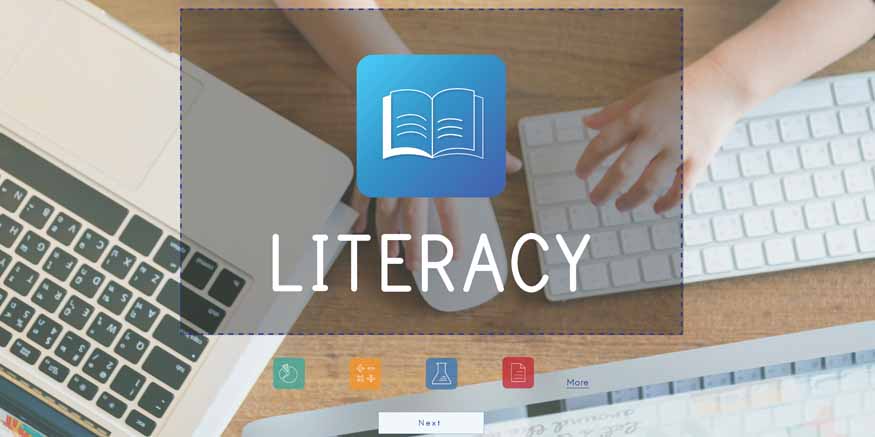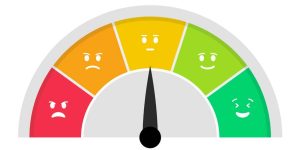Digital Literacy Skills: Enhancing Critical Media Literacy in Kids

Today, information is perhaps one of the most valuable assets one can have. The internet offers us an opportunity to access and consume vast quantities of information at a speed greater than any generation before us. Whether for research, news or entertainment, the Internet seems to have all the answers!
However, the vast digital domain also has its pitfalls. Credibility of information cannot be guaranteed as content may originate from various sources, each with its own bias, standards and points of view. In some cases, narrow points of view or vested interests may lead to misinformation.
The onus of verifying content therefore lies with the reader. Critical media literacy, particularly in the context of the digital landscape, has emerged as an indispensable skill for effectively navigating the vast sea of information.
Critical Media Literacy and Why It Matters
Critical media literacy is the art of questioning what you hear, see or read and trying to verify it from different sources. It is the ability to understand the tonality of content, be it in text format, audiovisual content or a mixture of both. This includes everything from newspapers and Television or entertainment to social media and online news.
For parents of young children, this becomes a very important skill and must be taught and internalised at a young age. Children today are exposed to technology in all aspects of their lives, and must therefore be able to use it responsibly.
Steps to Build Media Literacy Skills
Developing critical media literacy is a nuanced process. Essentially, it is the ability to differentiate between a piece of credible information and suspicious content based on rationality and logical judgement. It is acknowledging that the truth is not binary – rather, it comes in shades of grey. Here are some fundamental principles that will help to build critical media literacy:
- Analyse the Information: Teach your child that everything they read or see online may not always be true. As a rule, they should check where the information is published, and by whom. A platform that is a well-known portal with an established reputation of publishing credible information can usually be trusted. If the information is found on lesser known sites, it is always advisable for them to check a few other sources. Ideally they should look for other publishers, and whether the information matches or not. After having performed these two steps, if they are still unsure about the veracity of the content, encourage your children to approach you for help. This will give you the opportunity to demonstrate to them how to judge information in a rational manner.
- Recognise the Biases: Train your child to be open to all possibilities and viewpoints. Sometimes it is hard to believe or accept information that may be unfamiliar, or contrary to what they have previously heard or believed. Teach them never to approach anything with pre-formed notions – but instead, to approach the search for information as an opportunity to discover different perspectives. Of course, they must also reflect on the content as a whole to understand the intentions of the author. Reading in between the lines is the best way to discover biases of content creators.
- Be a Good Digital Citizen: Your children must be able to distinguish between sensitive media and acceptable content. Teach them to share media responsibly. In pursuit of humour, they must not share content that hurts the sentiment of an individual or a group of people. They must not share sensitive information like mobile numbers, bank account details or information of such nature that can be exploited by cybercriminals.
Critical Media Skills take time to develop. These are nuanced skills that grow and strengthen as a child’s understanding grows, and as their perspectives and belief systems are established. As parents, it is very important to integrate good digital safety practices into a child’s technology consumption routine, as these will be foundations on which critical media skills are built.
At Billabong International High School, we believe that as citizens of the digital age, young learners must develop their critical media literacy skills along with their academic prowess. To learn more about our curriculum, visit our website, or contact our admissions office.



